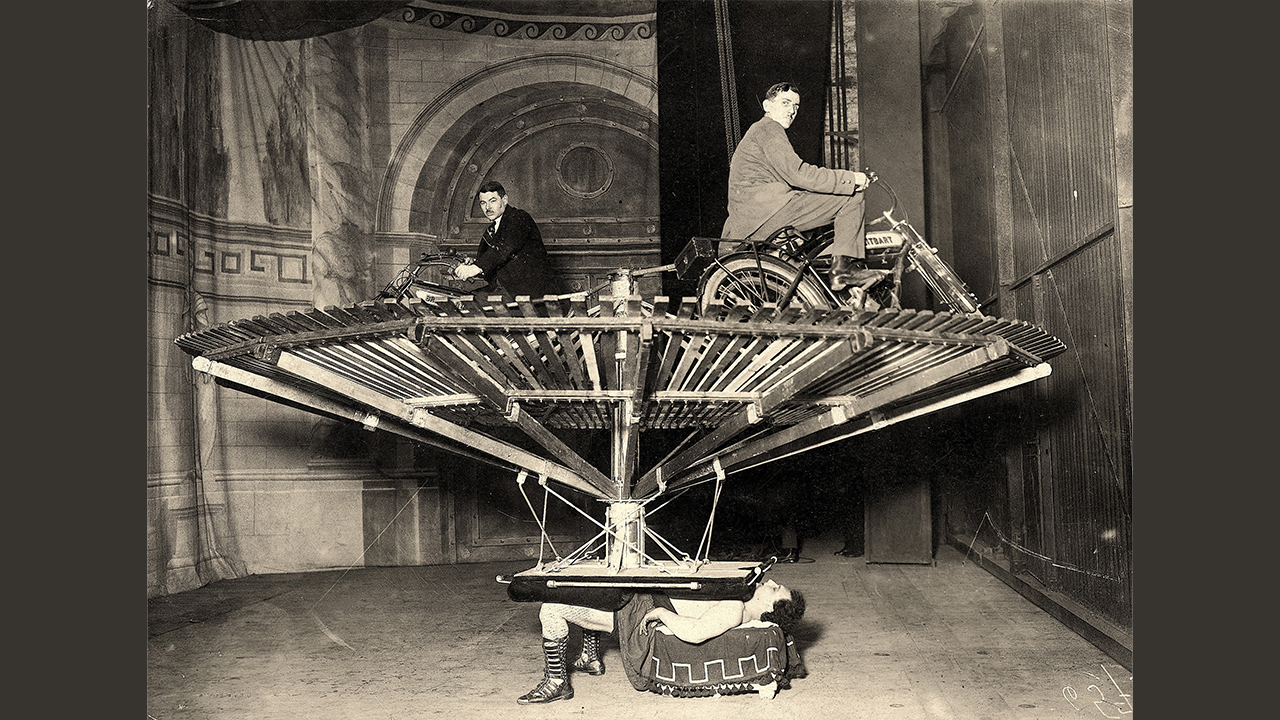A Little Originality, Anyone?
November 20, 2022

“Write what you know,” the old saw buzzes, setting my teeth on edge. Where is the fun in that? The stuff I already know is the stuff I mutter when somebody falls short. This is not an attractive trait.
Even fiction should be an exploration, it seems to me, and your characters should surprise you. As for nonfiction, why make it pedantic? We are setting out to learn.
Write what seems true to you—that is a better aphorism, one that leaves the door open for discovering truth’s edges as you go. Why, then, does no one suggest it? Because it is friggin’ hard to do. Even a luscious adjective’s siren song can sail you past truth. Trim someone’s quotes to better serve your thesis, and you are already in dangerous territory. The English language contains a million ways to lie.
Still, urging truth is the fastest way to cut through jargon and bullshit and be brave. Writer’s block often hits when you are spinning, trying to please that imaginary audience you are told to write for (also bad advice) instead of reaching a little deeper and spelling out the scary stuff you pull up from the muck. The best ethical barometer? Instead of the mathematical calculus we have fallen into—six inches of prose for each side regardless of their arguments’ merit—write with enough honesty to counter instinctive bias.
The greatest damage done by “write what you know” is that taken at face value, the phrase rules out both research and insight. Chastened thus by an English teacher, a student does not immediately think, “Right, I should have learned more about how cannabis might grow on Mars.” Nope, they think, with a heavy sigh, “I guess Mom was right and I oughtta write about how I grew tomatoes in containers this summer.”
Maybe my life is too mundane, but what I already know is rarely as interesting as what I could learn, what other lives or worlds I could imagine myself into.
Besides, “write what you know” is part of an entire symphony of similar injunctions, all cannily devised to flout creativity. To do a dissertation, you must defend the outcome of your research before you begin it. Our law is based on precedent, even when the precedent was set in a wildly different cultural milieu. Blockbuster films are retreads now, prequels and sequels that build on a franchise. Clerics have sermon networks in which they trade and files of old sermons they can dust off in emergencies. Office brainstorming sessions begin with examples of what the competition has done. Offer a great idea to your employer and wait (it will not take long) for someone to discourage “change for change’s sake.”
Writers are taught to find an agent who already represents similar books and a publisher who has already published similar books. The industry sets up a no-win scenario: tell us which other books your manuscript is like, so we know what audience it might command, and then explain why there is nothing like your manuscript on the market. The agents, meanwhile, send derivative feedback: “Zombies are trending, could you work one in?” “I could see this going a bit more Gone Girl.” Their wish lists are for current spins within established genres or “new voices” from specified categories of identity.
Novelty is what Americans are said to crave, yet it terrifies policy wonks, CEOs, art dealers, and almost everybody else. This is no time for experiments, we mutter, sharply aware of how precarious profit, amicable coexistence, and life itself are now. It is safer to follow a recipe exactly. It is also safer to recite a memorized prayer than to question God, doubt God, and argue with God. Safer to follow along with an exercise video than dance freeform; safer to copy an influencer’s style than fashion your own; safer to buy the version of any product that most people in your income bracket buy, regardless of your particular needs and tastes. Meanwhile, all those sneaky little invisible algorithms are profiling us based on what we have already bought or liked, making no allowance for the possibility that we might try something new.
Did we leave ourselves too many choices, so that now we have to simplify our decisions by going retro or crowdsourcing? We have been hypnotized by chains of restaurants and big-box stores, by the sameness of subdivision architecture and strip malls and office towers. Why should we be surprised when AI robots write books? Shoot, they are probably more creative, because they are wired for randomization. Which also scares us.
Scores on the Torrance—a standardized creativity test that predicts kids’ creative achievement three times better than IQ tests—began dropping in 1990. The usual explanations are offered: hyperstimulation, too much tech making us passive, anxiety and depression (stone cold killers of creativity) rising even in young children. Temperament figures in, too: traits that foster creativity include emotional expressiveness, energy, curiosity, openness, and a tolerance for ambiguity. All of which feel riskier in a woke society battered by the alt-right and incessantly reminded that the planet is in danger. Which is the optimal time for all of us to get creative but cancels the effort in advance.
A frisson of outrage zings through the internet when someone is shown to have plagiarized someone else’s work. But by copying what already worked, we are plagiarizing our whole lives.
Read more by Jeannette Cooperman here.





